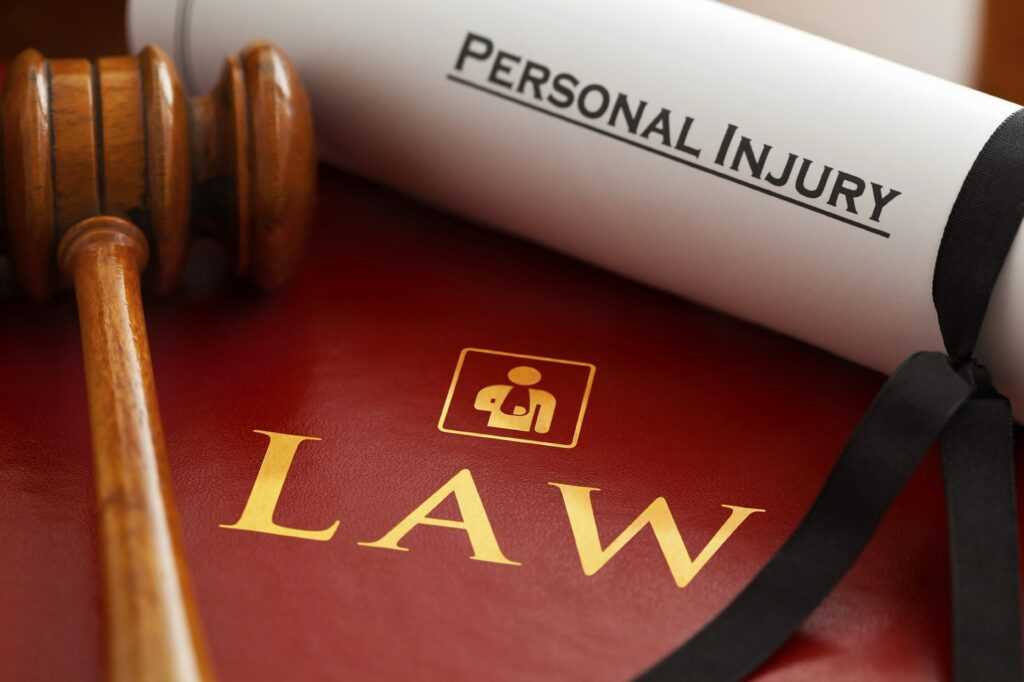The purpose of the tort law is to compensate those who suffered harm or whose property has been damaged by the fault of others. If you live in New York and are wondering about the tort laws in Florida, this article is for you!
Here we explain how tort laws work in Florida and why you need a personal injury attorney!
The Tort Laws in Florida
Tort laws deal with the wrongful actions committed deliberately by a party, also known as \’civil wrongs,\’ infringing the right of others. The tort law in Florida State corresponds to civil cases where the filing part seeks compensations for the damages they suffered by the wrongful actions of the other party.
The object of tort law is hold the tortfeasor (party committing a tort) legally responsible to provide damages to the victim as compensation for their losses. It affects nearly every walk of life, from manufacturers and homeowners to pet owners, drivers, doctors and bartenders, all of whom have a duty of care.
Although judges develop most tort law, some elements come from statute, which varies from state to state. As opposed to criminal law, which involves the state, tort law involves individuals seeking compensation. It also differs from contract law, where two parties agree on their respective rights and obligations.
Forms of Tort
In Florida tort laws, the negligent wrongful actions may have varying forms:
- Slander and libel
- Emotional harm
- Deceptive product marketing or defective products sale
- Medical or legal malpractice
- Battery and assault
- Manufacturing or design errors, among others
Intentional torts are the most serious. They involve acts done with the deliberate intent to harm others or infringe their rights. A battery is a common example. It may include violence with the intent to injure but also includes acts that, although not intended to injure another, interfere with the autonomy of others and the right to security and dignity.
For example, every medical treatment carried out without the patient\’s consent constitutes a battery, even if it is aimed at the patient\’s good health. The law respects the absolute right of all competent persons to decide what medical treatment they should accept or refuse.
Assault and forcible confinement are also intentional torts. Action is also permissible if the act is intended to cause emotional harm. Sexual harassment in the workplace may give rise to a valid cause of action in tort. For these torts, the court may award compensatory damages and additional or punitive damages whose purpose is to punish the offending party.
Defamation is another important tort action. It protects a person\’s reputation from false and defamatory content in verbal form, published or broadcast.
Damages in Tort Law Cases
The damages in tort law cases typically involve the demands for payment of the tangible or intangible damage due to any form of tort. The damage may involve:
- physical or psychological trauma
- lost wages
- reduced earning potential or ability
- reduced quality of life
- medical expenses, including hospital bills
When the victims file for such damages, they may obtain compensation for their past and present damages. However, they should not file an official lawsuit before reaching a maximum medical improvement. This will help the injured party to get valuable compensation if the impact of the wrongful acts extends to the future and will allow a jury to consider future damages demands, such as long-term disability, decreased quality of life, inability to work, etc.
Compensation in Tort Law Cases
A tortfeasor who is found liable must compensate the victim for all losses. Compensation covers:
- medical expenses not covered by health insurance
- loss of past and future income
- costs incurred for future care
- reparations for pain and suffering and loss of amenity
- If a tort causes death, the estate and dependents have the right to seek compensation from the tortfeasor
- Dependents have the right to be compensated for the loss of support they would have received from the deceased
In Florida, the result and rationale used in similar past cases directly impact judges\’ decisions in tort law cases; they decide based on the relevant past cases\’ decisions from higher courts. Therefore, if you want to file a civil lawsuit against a negligent party in New York, seeking counsel and representation from a personal injury attorney is imperative to obtain optimal compensation for your damages.
If you\’re looking for an experienced tort lawyer in New York, contact Lieberman Injury Law, serving and representing injured parties throughout Florida. The personal injury attorneys at the Lieberman Injury Law are experienced in handling tort law cases and may help you get fair compensation for your damages. Call 954.596.9944 or visit their website for more information.

